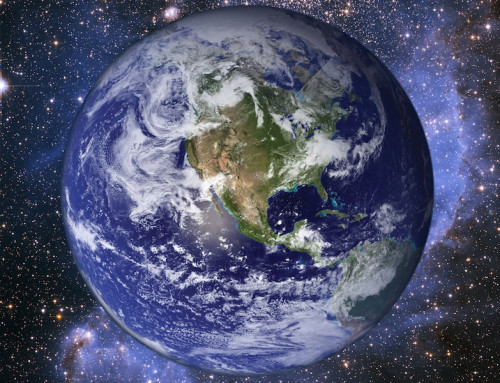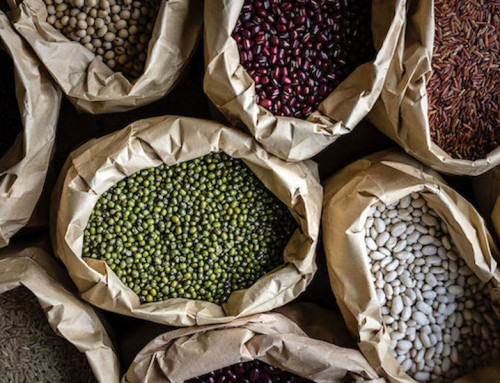We are so privileged to have access to so many different foods, to keep us nourished as well as interested through a diversity of tastes, textures, aromas and colours.
We have a wonderland of foods available to us; funghi, seaweeds (the greens of the ocean), legumes, wholegrains, seeds, nuts, vegetables, fruits, spices, herbs, eggs, insects, fish, seafoods, birds and so much more. We also have a wide variety of ways that we can prepare foods; from fermentation, salting, smoking, slow cooking, raw, soaking, pickling and so on.
According to the World Economic Forum, there are over 200,000 edible plant species on earth, yet we eat only 200 of them, and 3 of them (corn, wheat and rice) provide over 50% of our energy intakes.
Tips to increase the number of different foods each day:
- Try to increase your repertoire of foods
- Learn new recipes to include new food ingredients regularly
- Eat what’s in season in your area
- Add in spices, herbs, nuts and seeds to broaden the diversity of your intake
Individual Health Impact:
Ample scientific evidence is being released confirming the profound influence that the bacteria and mircoorganisms living in our intestines (our gut microbiota) have on our health. Diseases as diverse as obesity and anxiety are associated with the health of the microbiota. One key theme in the evidence is that diversity of gut microbial species is fundamental to its healthy function. The key way to optimise microbial diversity, is to eat a wide variety of foods.
Planetary Health Impact:
Consuming a diversity of foods places demand on diversification of food production in the marketplace. A polycultural approach to food production is supported when we broaden our consumption. This multiple species approach is more aligned to nature, and offers multiple benefits to the soil and all the species (plant, insect and animal) that live on the land. Farming diversification is the opposite of monoculture agriculture.
In monocultures, only one species is grown over large expanses of land. Monocultures require high inputs including water and machinery (and therefore fuel). They have a devastating environmental impact, such as salination, erosion, fueling of dust storms, as well as the loss of biodiversity. Because monoculture crops have less natural resilience, they need chemical fertilizers, pesticides and herbicides too. These agricultural chemicals impact soil microbial populations, require the mining of nitrogen and phosphate, and then run off into waterways impacting ocean acid-base balance. A lose-lose-lose situation.
This is the entrenched system of agriculture, can be shifted to a regenerative win-win-win (See Tip #5: Grow Food)
Rejuvenate your Health at Sparkle Well School
Sparkle Well School delivers step-by-step, effective and safe, health optimisation processes to provide empowerment and insights into fresh and regenerative ways of living.










